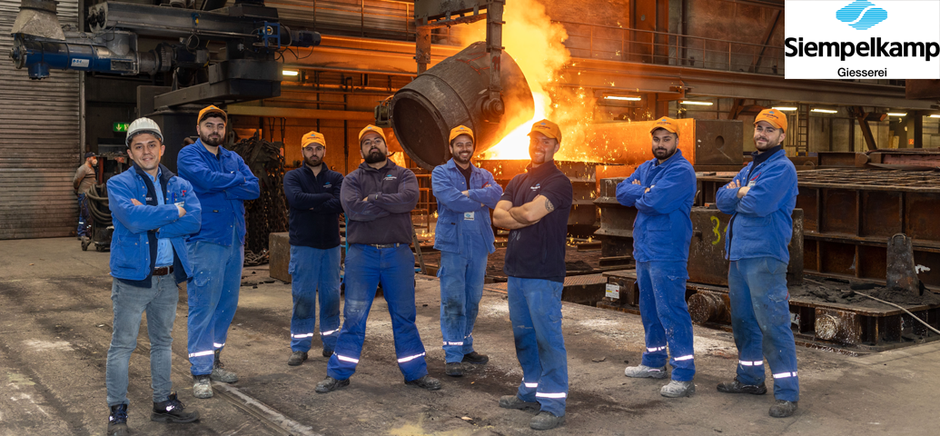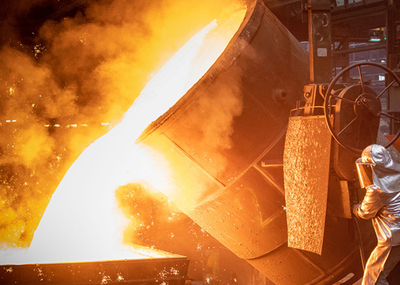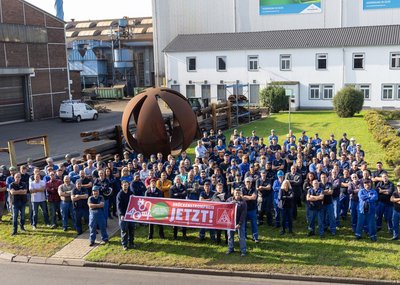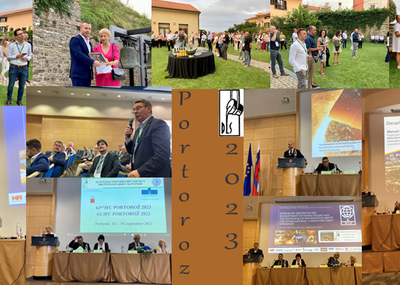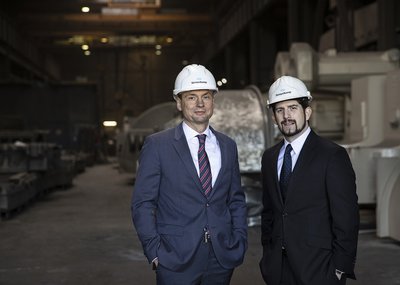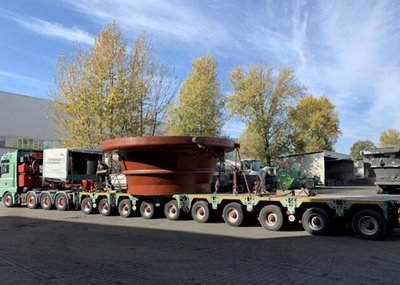In addition to a well-established traditional education, the TQ model offers an effective opportunity to specifically address the untapped employment potential that does exist in Germany. It is primarily aimed at people without vocational training or with unrecognised or non-industry qualifications.
"Our TQ offer is a great opportunity, especially for all current low-skilled and unskilled workers, as well as for refugees and migrants without a recognised vocational qualification. An efficient mix of theory and practice, direct professional integration in the company with a full salary and pay in line with collective bargaining agreements are significant advantages here," emphasizes Dr. Georg Geier, Managing Director of Siempelkamp Giesserei.
As part of the training, the profession of a foundry mechanic is divided into different qualification levels. The modules range from materials science, foundry technology and molding materials to hand mold casting and melting technology to quality management. The trainees can decide individually whether they want to complete all or only a few of these modules. Each individual module is certified accordingly upon successful completion. If all qualification levels are successfully completed, it is also possible to obtain a recognised professional qualification as a foundry mechanic by completing another external examination of the Chamber of Commerce and Industry.
"With our TQ, which is generally cheaper than the conventional, mostly two-year alternative retraining, we can make our contribution to reducing unemployment in Germany and at the same time attract urgently needed skilled workers," Dr. Georg Geier continues.

